One struggle for some of our customers is finding the right product to handle high temperature environments. Whether this be a home appliance with heating elements or electrical applications where conductivity is the key, resistance wire plays an essential role in your project’s needs.
What is Resistance Wire?
Resistance wire is typically used to control the amount of current in a circuit. Since resistance wire has high resistivity, it is better at converting electrical energy into heat.
Resistance wire is used in applications like blow dryers and toaster ovens, or any other appliances that require heat, because the wire can carry the electrical energy produced and convert it into heat. Resistance wire can also be found in electronic applications, like electrical circuits.
When the temperature gets warmer, our resistance wire works harder!
Continue reading to discover more about how our resistance wire alloys bring the heat, and some specific details on how heating coils and nichrome wire alloys contribute to joule heating.
Resistance Wire Applications and Industries
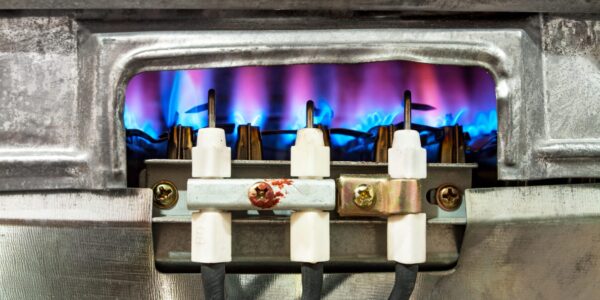
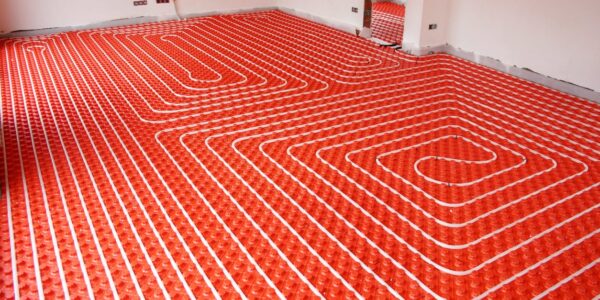
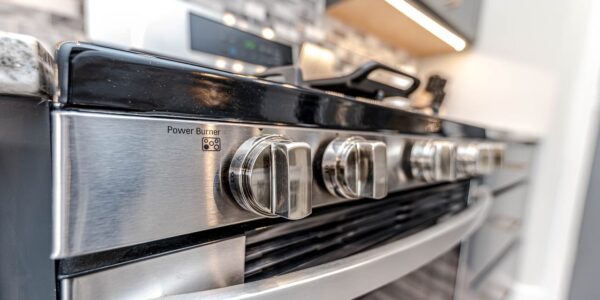

If you look around your home for a few minutes, you’re sure to find quite a few places resistance wire operates. It is used in home applications including:
- Electric ovens
- Dishwashers
- Hair dryers
- Heated Floors
- Furnaces
- Toasters
- Space Heaters
- Irons
- Kettles
- Electric Blankets
It can be found in electrical circuits, as it is used to limit the amount of current that flows through the circuit at any given time. Resistance wire is used across various industries, including industrial, commercial, and residential.
You can find resistance wire in appliances around your home, as well as in commercial use products. CWI manufactures resistance wire in a variety of alloys, tempers, and tolerances to get you a product that fits your exact specifications.
CWI Resistance Wire: Electric Heating
The most common purpose of resistance wire is electric heating, the process in which electrical energy is converted directly to thermal energy. You may have also heard this transformation of energy called joule heating before.
The specific component that typically heats appliances and other products is called a heating coil.
Heating Coils
A heating coil simply consists of a coil of resistance wire connected to an electrical power supply. Whenever an electric current flows through this wire, it generates heat, and executes the joule heating process.
These coils typically use nichrome wire because not only do they resist corrosion, but they have a very high melting point. Proper operation is not halted by high temperatures.
The heat transfer mechanism can either be forced air systems, where a fan blows air over the coil, or natural convection where hot air rises away from the coil. If the heating coil is heating a liquid, the coil must be insulated, for example in a kettle.
Electric heating coils are crucial to the comfort of your home. They keep your house warm throughout the winter, heat the water in your shower, and even help make your espresso in the morning.
Resistance Alloys
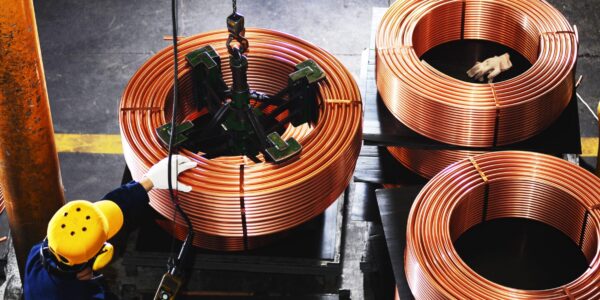
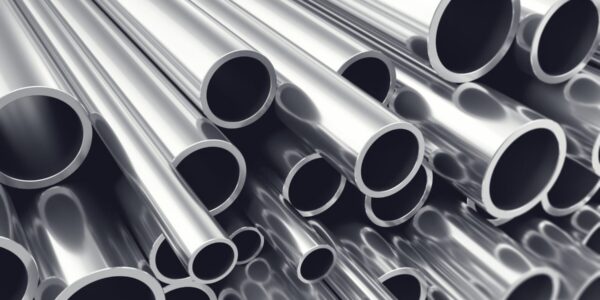
Central Wire produces resistance wire in various alloys and chemical compositions, used in different applications. We keep a plethora of resistance alloys in stock, ready to ship, to get you the resistance wire you need when you need it!
We offer alloys such as C702 and C711, which are copper nickel alloys, nichrome wire alloys like N06003, chrome aluminum alloys such as RA-812 and RA-875 (UNS K92500-A), and other resistance wire alloys such as Oxygen Free Copper C102 and Brass C240.
These are just a few alloys we use, check out a full list of our alloys here.
Nichrome wire alloys are the most common choice for heating purposes. These alloys possess a high resistivity (electrical resistance) to oxidation even when at high temperatures. Their 80/20 nickel-chromium chemical composition allows performance to remain consistent despite rising temperatures.
Now that you know how our resistance wire alloys bring the heat, let’s look at ordering!
Sizes and Packaging
We manufacture our resistance wire in sizes ranging from 0.001” to 0.0808,” or 0.0254mm to 2.052mm. Our tempers range from annealed to full hard to fit your exact specifications. CWI also follows the American Wire Gauge resistance tolerances, offering the following values: ± 5% 15-36 gauge | ± 8% 37-41 gauge | ± 10% 42 gauge.
We offer a variety of packaging options to choose from when ordering your resistance wire. Spool, reel, coil, bobbin, and carrier are all available. You can also request custom packaging that fits your specifications!
Purchasing Our Resistance Wire
No matter the application, CWI can get you the resistance wire that fits your exact specifications and needs. Ready to order? Visit our product page here to get your resistance wire quote.
Still have questions? Contact us via email sales@centralwire.com or by phone (800) 435-8317.
Looking for other wire related products? Check out our website to view our full range of products.
